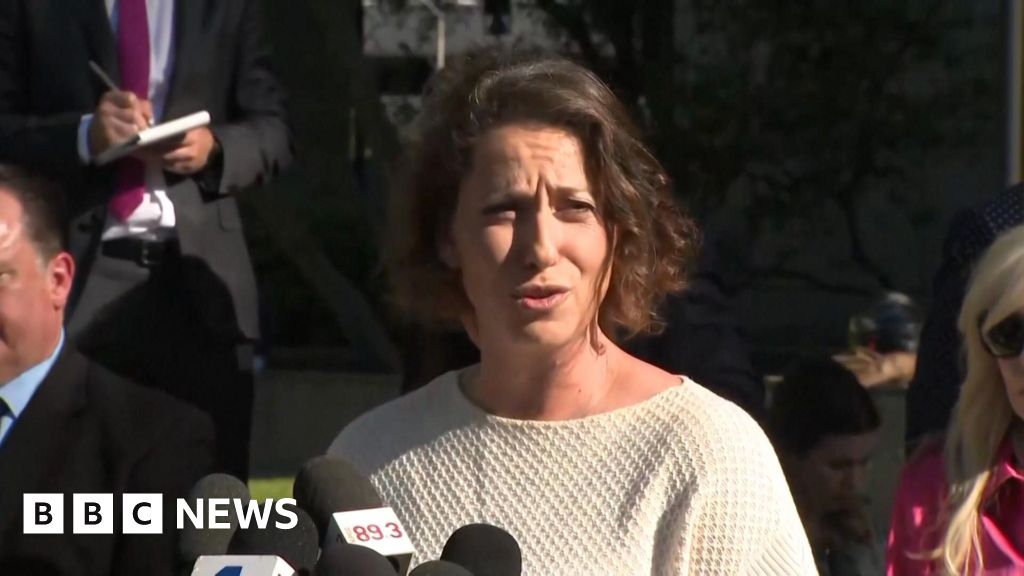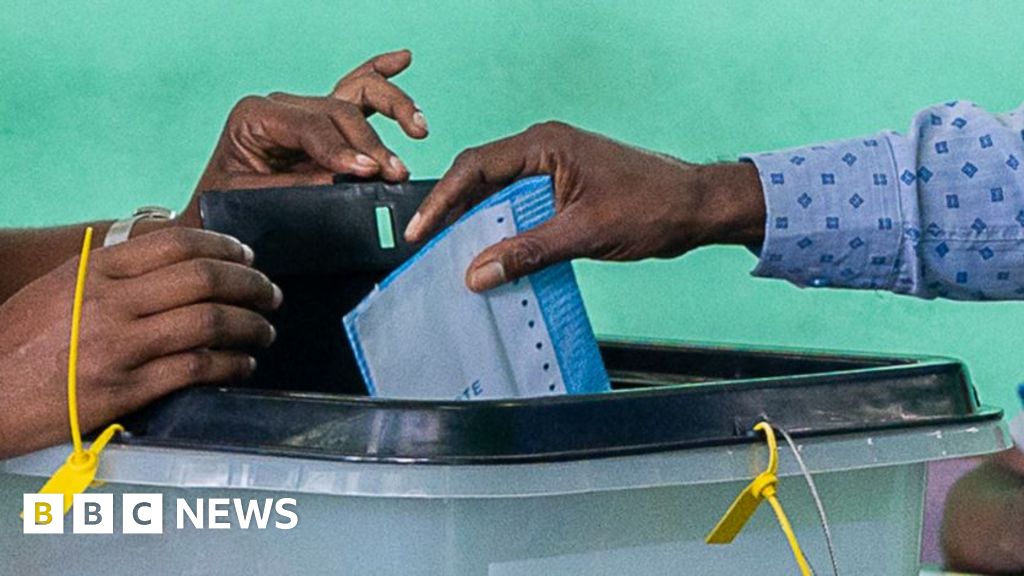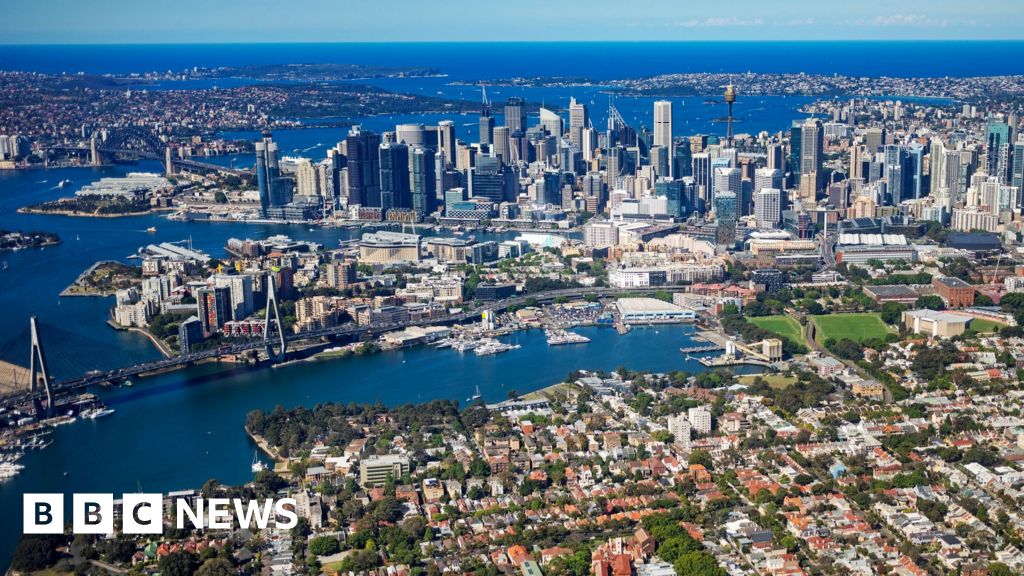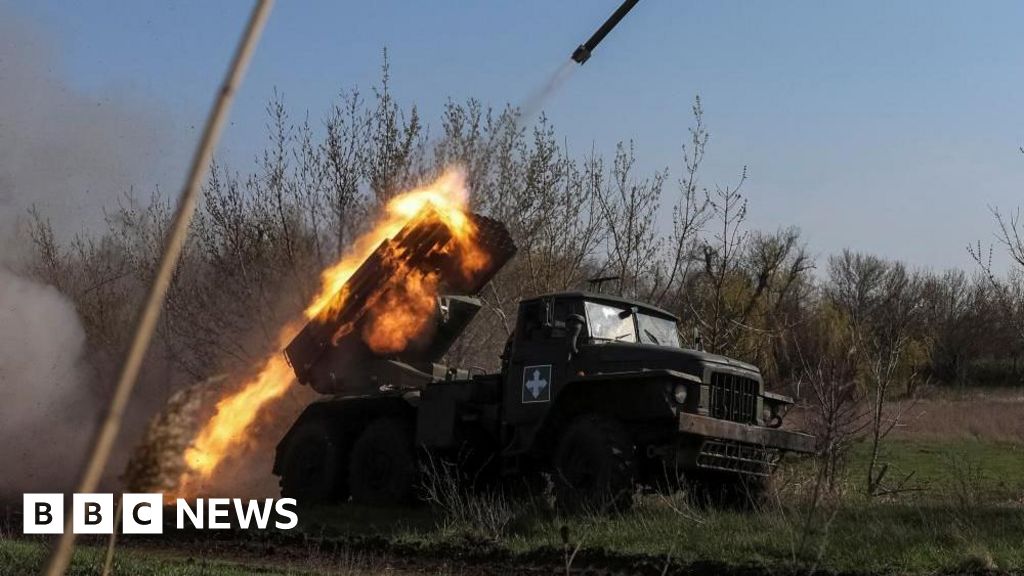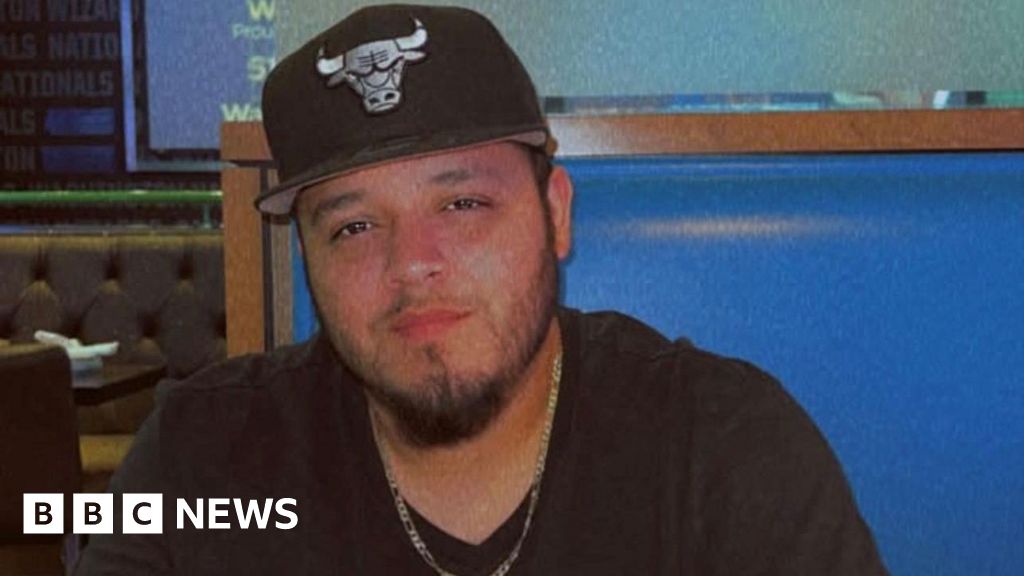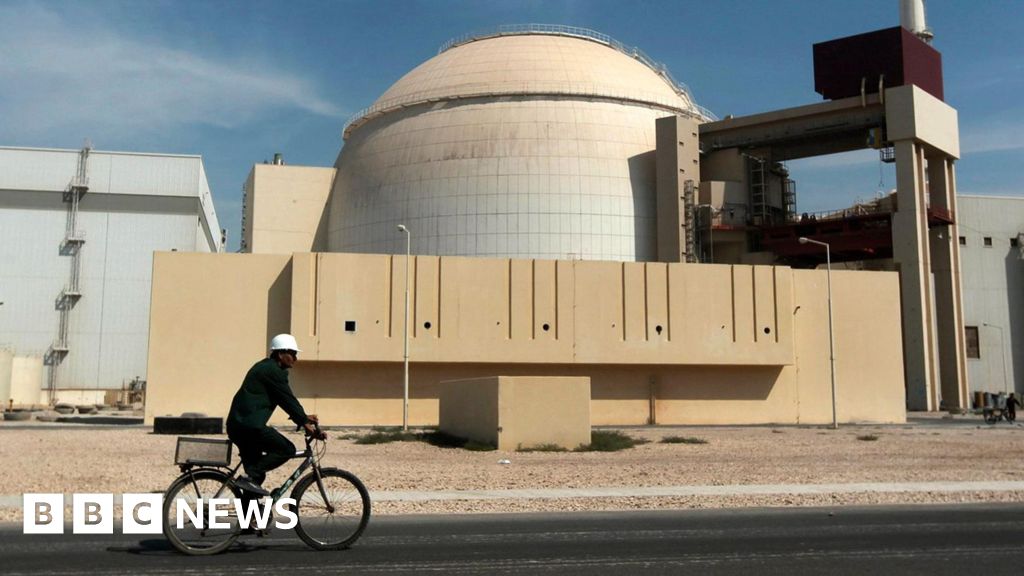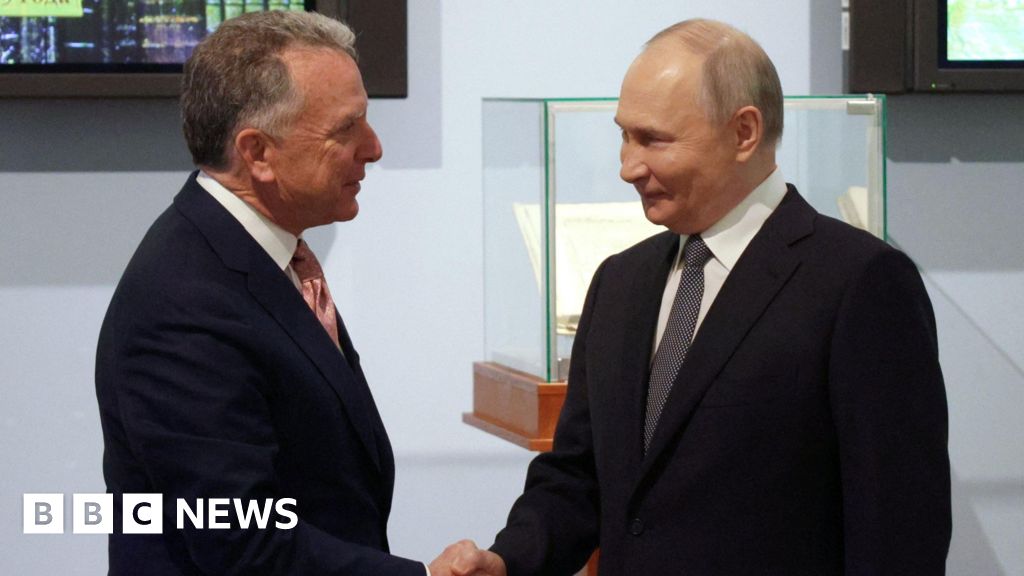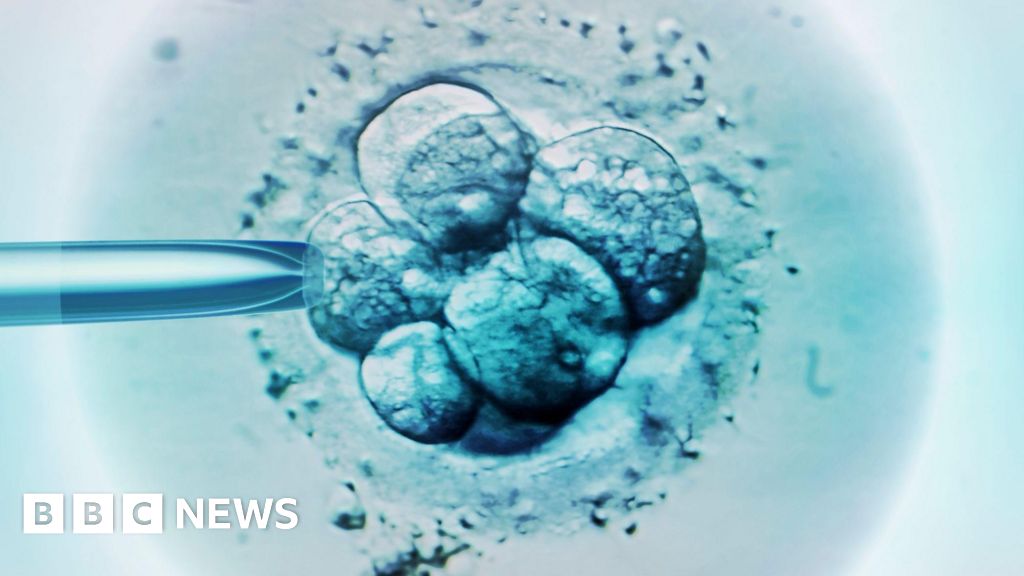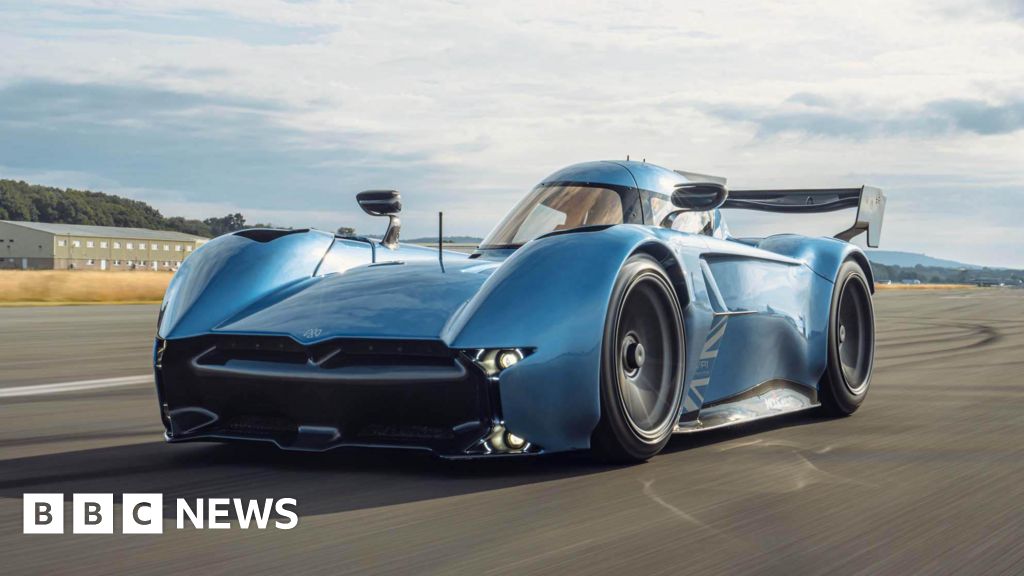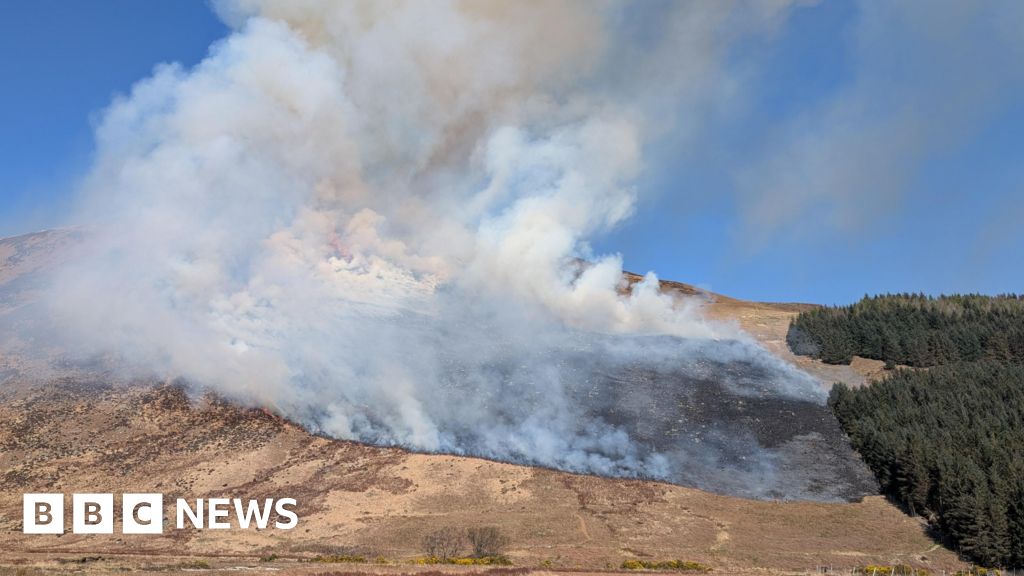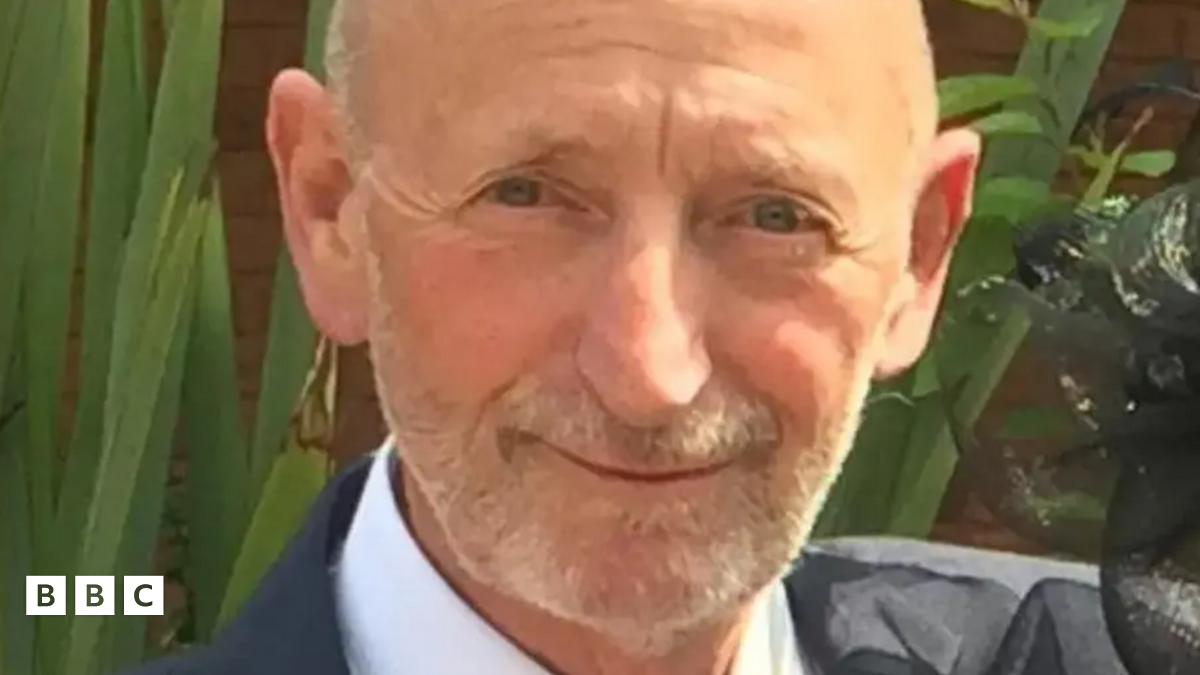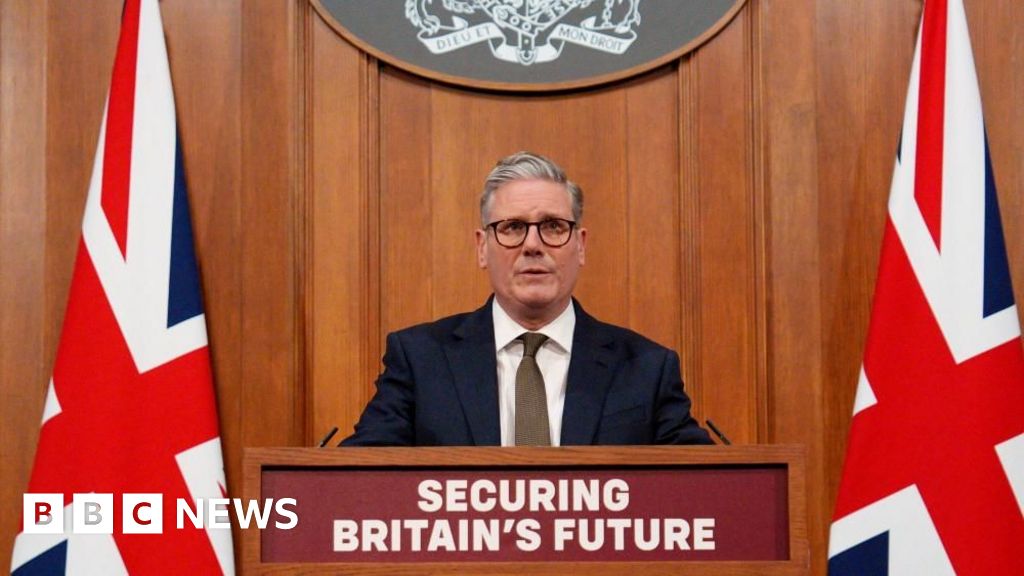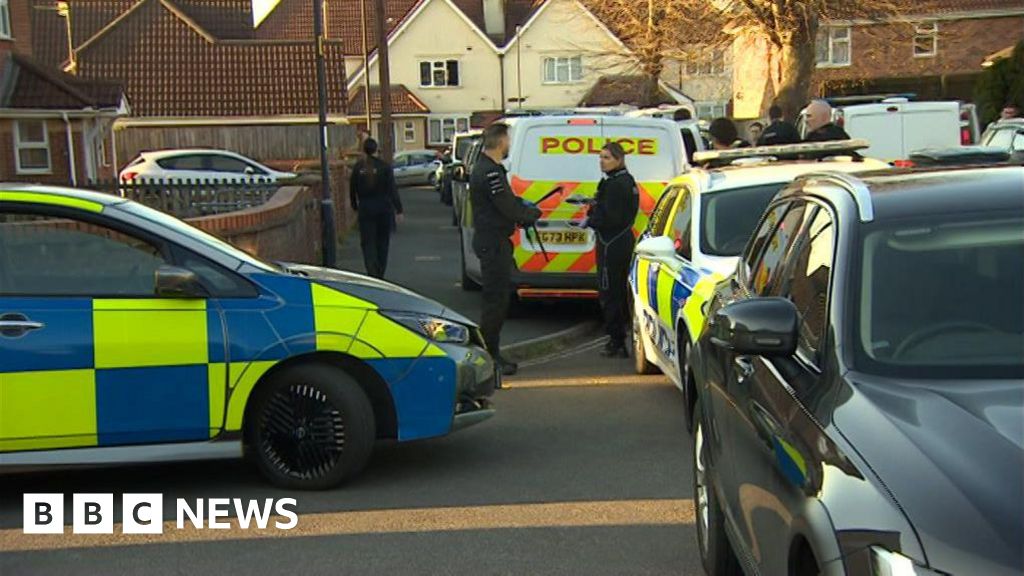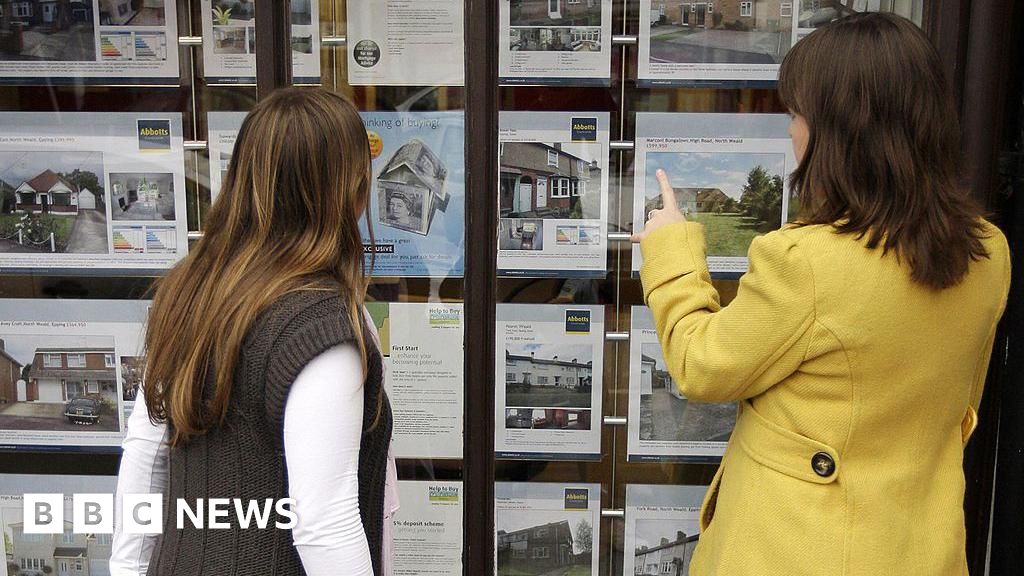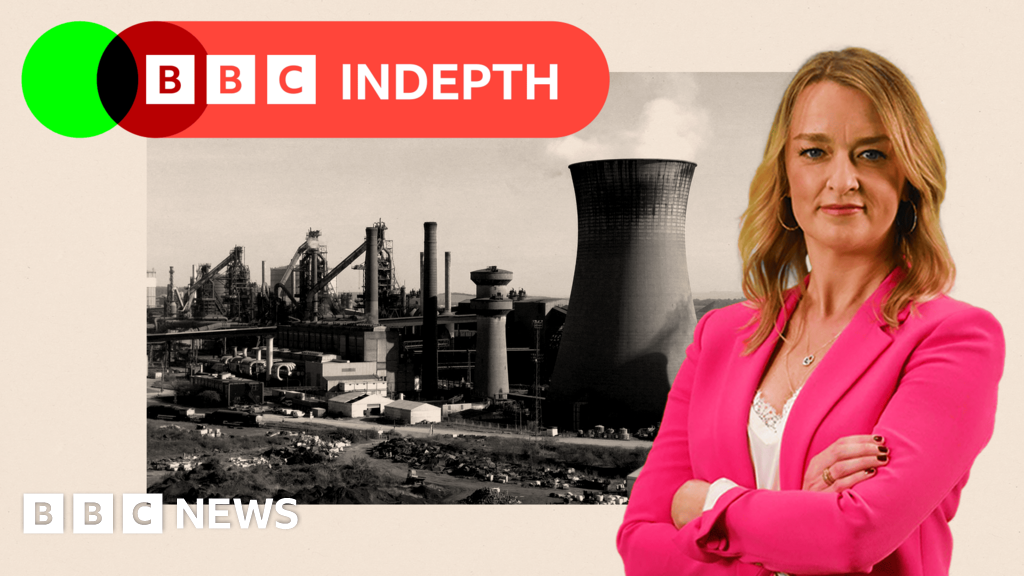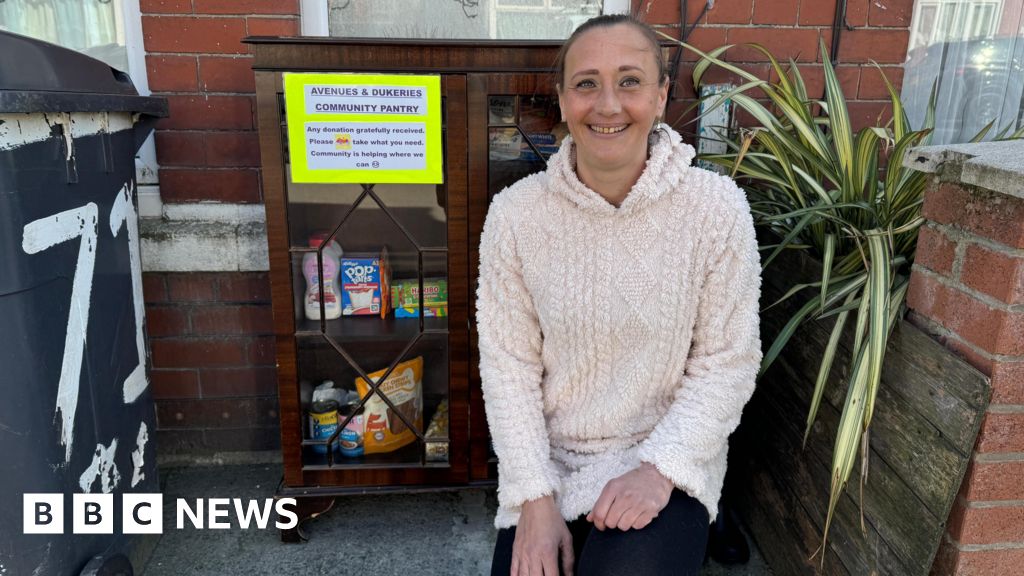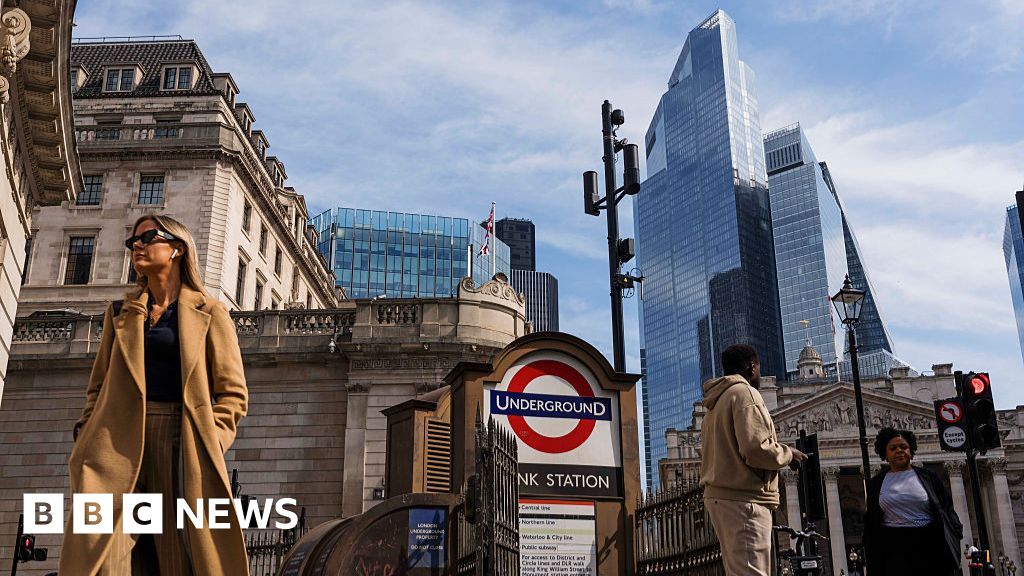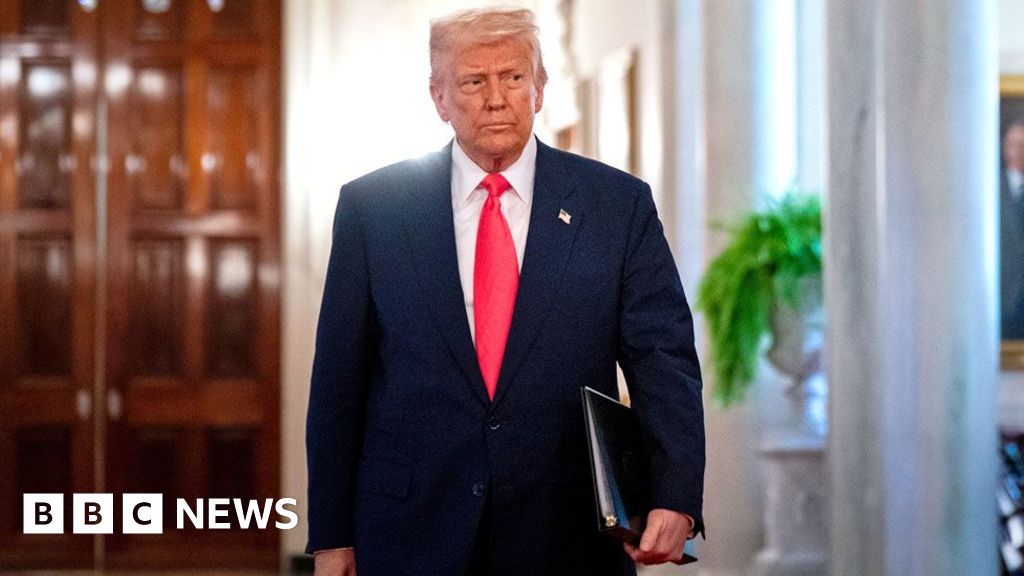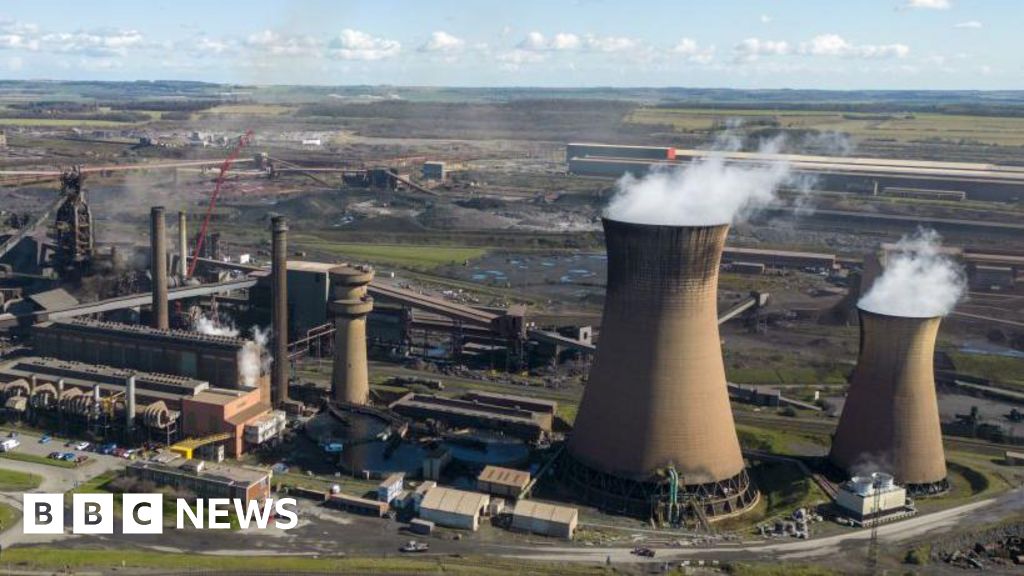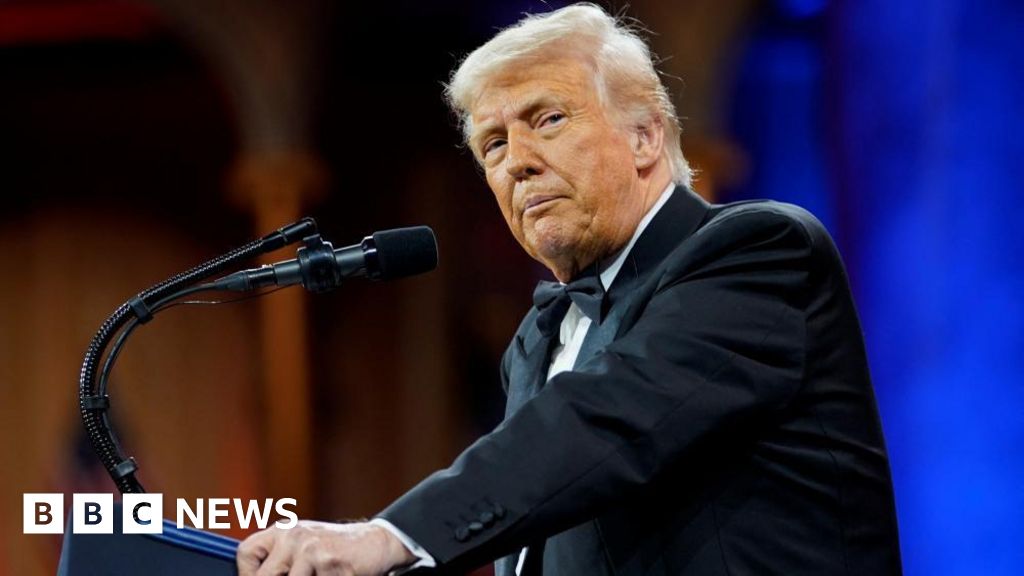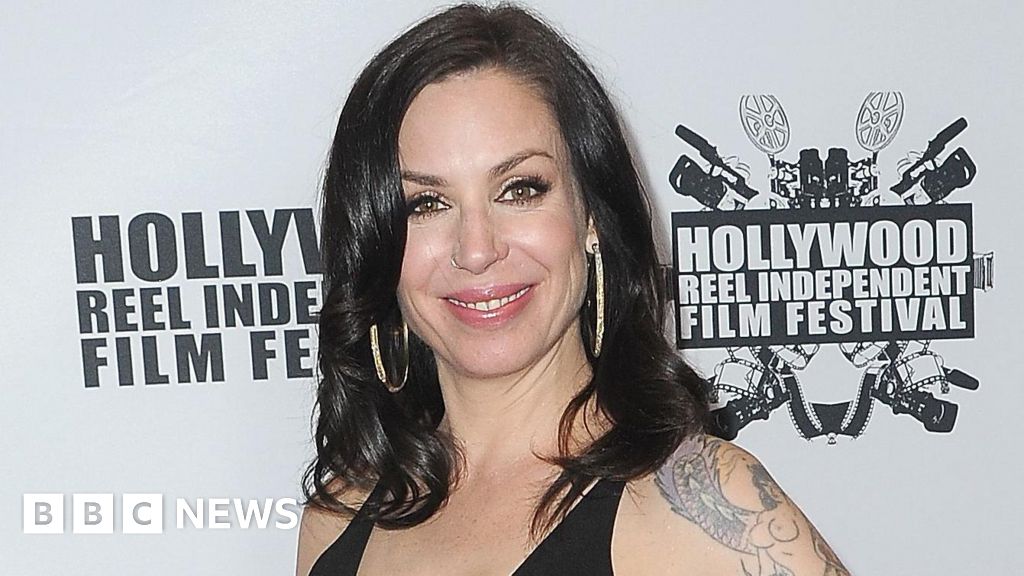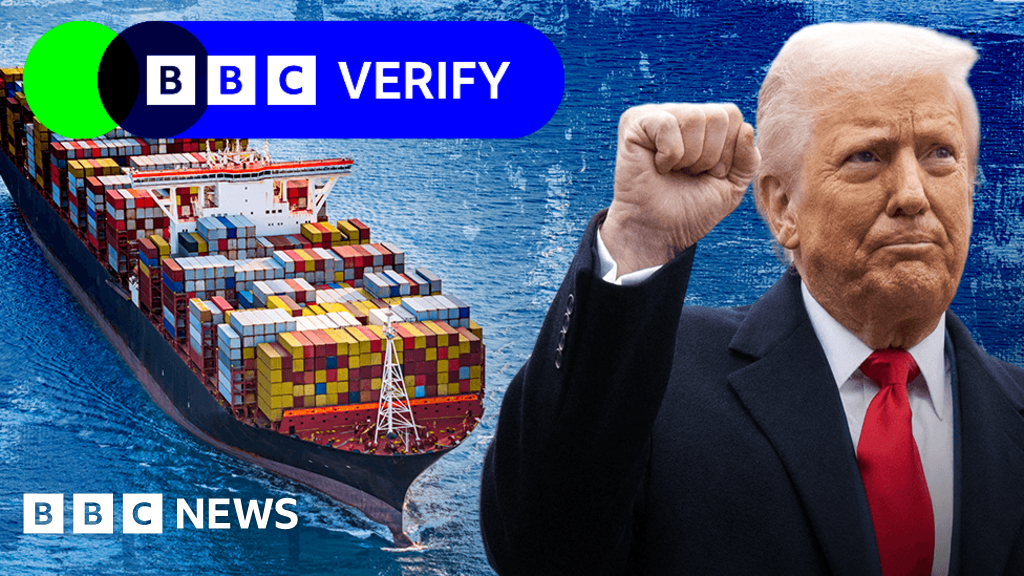US President Donald Trump’s latest wave of tariffs has come into force, with imports from China hit by a 104% rate amid an escalating standoff between the world’s two biggest economies.
Tariffs ranging from 11% to 50% now apply to imports from around 60 US trade partners, which Trump has dubbed the “worst offenders” for what he considers unfair trade practices.
Markets across the globe lost trillions of dollars after Trump announced the new levies last week, with many Americans fearing price rises and some analysts predicting increased odds of recession.
On Tuesday, Trump accepted the fallout had been “somewhat explosive” but said that money had been “pouring in” from the new tariffs so far.
Speaking at a Republican Party dinner in Washington, Trump acknowledged the 104% rate for China “sounds ridiculous” but insisted that Beijing wanted to “make a deal” to avoid it.
In a defiant speech celebrating his controversial trade policy, Trump said many countries had “ripped us off left and right”.
“But now it’s our turn to do the ripping,” he said.
“I know what the hell I’m doing,” he told guests, adding that countries hit by his tariffs were “dying to make a deal”.
He arrived at the 104% tariff for China, the highest for any country, after Beijing hit back at his initial rate with tit-for-tat tariffs of its own.
Trump unveiled an additional 34% tariff on Chinese imports on Wednesday, on top of 20% he had announced in January. Beijing retaliated with a 34% tariff on US imports to China.
In response, Trump threatened an additional 50%, bringing the total to 104%, if Beijing did not back down.
China did not change course, accusing the US president of behaving like a bully. But Trump has said Beijing is hoping to reach an agreement with the US.
“They want to make a deal,” he said on Tuesday. “They just don’t know how to get started because they’re proud people.”
Analysts who spoke to the BBC are not so certain, with one saying Washington may be “overplaying its hand”.
China on Wednesday said it would “fight to the end” if the US “insists on provoking a tariff war or a trade war”.
“The US continues to impose tariffs on China in an abusive manner and persists in applying maximum pressure,” said foreign ministry spokesperson Lin Jian.
He said China opposes such “bullying practices” and that America must show “an attitude of equality, mutual respect, and reciprocity” if it hopes to resolve issues through negotiation.
Beijing has not announced fresh retaliatory action so far, but Lin said China would take “firm and forceful measures to safeguard our legitimate rights and interests”.
A white paper released by Beijing on Wednesday said China was willing to continue a dialogue with the US to resolve differences.
Trump said more than 70 countries have reached out to begin negotiations since the tariffs were announced.
“I’m telling you these countries are calling us up, kissing my ass,” he told the audience at the dinner on Tuesday. “They are dying to make a deal.”
Delegations from Tokyo and Seoul are en route to Washington, as import taxes of 24% for Japan and 25% for South Korea take effect.
The European Union, hit with a 20% tariff, is “ready to negotiate” according to European Commission President Ursula von der Leyen.
The bloc has offered a mutual reduction of tariffs on industrial goods to zero – a proposal that Trump has praised, while saying it was still “not enough”.
Later on Wednesday, EU member states are expected to approve counter-measures in retaliation to an earlier 25% import tax Trump levied on European steel and aluminium last month.
Other countries on Trump’s “worst offenders” list include Cambodia (now under a 49% tariff), Vietnam (46%) and India (26%).
Major market turmoil followed Trump’s tariffs announcement last week, with sell-offs sparking trillions in losses across the globe.
After some signs of recovery earlier this week, losses continued across European and Asian markets on Wednesday, with London’s FTSE 100 index opening 2.5% down and Japan’s Nikkei 225 falling 4.3% after the new tariffs kicked in.
The past week’s drama appears to have fuelled divisions within the White House, erupting in a feud between Elon Musk and Trump’s trade adviser Peter Navarro, who the Tesla boss described as “dumber than a sack of bricks”.
But Trump himself has remained upbeat, telling Republican Party diners on Tuesday evening that his tariffs were “going to be legendary, in a positive way”.


